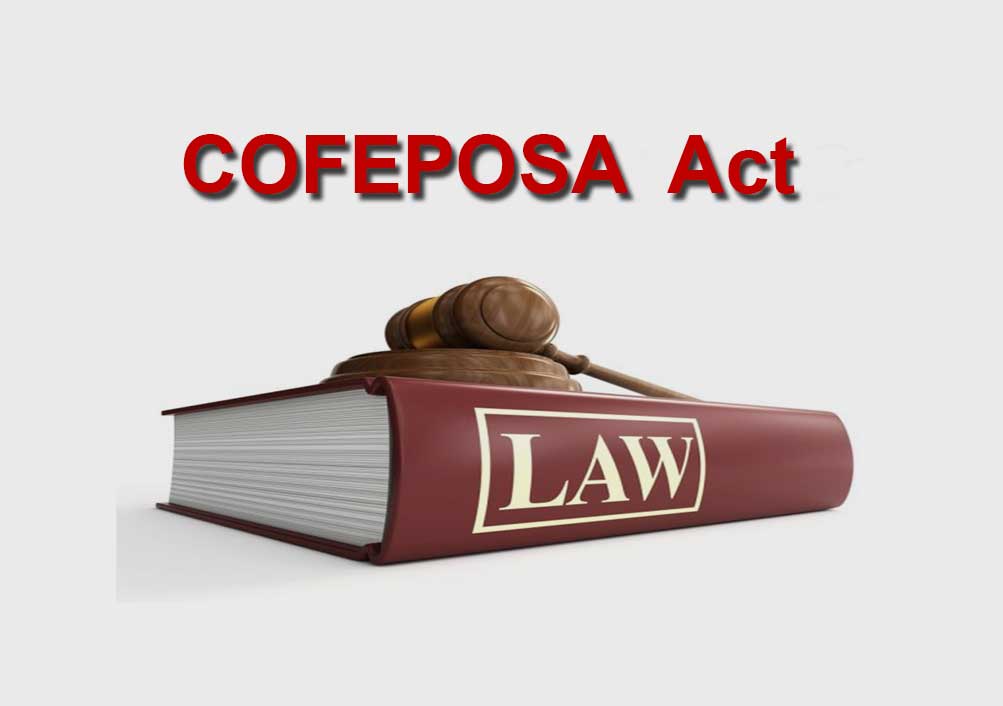Applying principles of Evidence Act is foreign to jurisdiction exercised under COFEPOSA Act to make order of preventive detention, says Kerala HC

Read Judgment: Jamseena vs. Union of India
Pankaj Bajpai
Kochi, September 24, 2021:While confirming the detention order, the Kerala High Court has opined that the detaining authority had acted entirely in accordance with the statutory purpose set out in Section 3 of the Conservation of Foreign Exchange & Prevention of Smuggling Activities Act, 1974 (COFEPOSA), as jurisdiction to detain by way of preventive detention is a jurisdiction of suspicion and not based on proof of any offence or act beyond all reasonable doubt.
A Division Bench of Justice A.K.Jayasankaran Nambiar and Justice Mohammed Nias C.P. observed that there cannot be a parallel between prosecution in a Court of law and a detention order under the COFEPOSA Act.
Stating the differences between the two, the Bench opined that in one case a person is punished on proof of his guilt on a standard of proof beyond reasonable doubt whereas in preventive detention a man is prevented from doing something which is necessary for reasons mentioned in Section 3 of the COFEPOSA Act to prevent.
The background of the case was that pursuant to investigations conducted by various agencies into money laundering, illegal financial transactions and massive gold smuggling through diplomatic channels during previous year, one consignment was intercepted at the Thiruvananthapuram Airport containing 30.245 kg of gold.
Accordingly, several persons came to be detained u/s 108 of Customs Act after carrying out investigations and recording statements. Later, in exercise of power u/s 3(1)(i) of the COFEPOSA Act, the Joint Secretary, Ministry of Finance, directed for detention of one Jalal AM and Mohammed Shafi so as to prevent them from smuggling.
Accordingly, the wives of the detenues approached the High Court to secure the release of their husbands and quash the detention orders.
The counsel for the petitioners contended that the only material on basis of which the detention order was passed are the statements recorded u/s 108 of the Customs Act, which cannot be relied on under the COFEPOSA Act.
It was also alleged that as per section 8(c) of the COFEPOSA Act, the Advisory Board was duty bound to call for the entire details and documents before ascertaining that preventive detention was necessary, which was not done and therefore, the detention order was violative of Articles 21 and 22 of the Constitution.
Opposing the same, the counsel for respondent argued that continued preventive detention was necessary,since the accused were involved in gold smuggling for three years.
After considering the contentions, the Division Bench observed that none of the normal rules of criminal jurisprudence or the provisions of the Evidence Act are attracted while invoking the provisions of the COFEPOSA Act.
No embargo can be placed on the material which a detaining authority may consider and no artificial restriction can be placed on the so-called analogy of the sections of the Evidence Act to restrict the material which the administrative authority exercising statutory powers of detention may consider, added the Bench.
The High Court went on to opine that no constitutional or statutory bar disables the detaining authority from considering the fact that the proposed detenue has made a confession u/s 108 of the Customs Act, and even if the detenue had retracted the confession statements, the same does not take away the power of the detaining authority to still pass an order of detention as the only requirement then would be to consider both the confession statements along with the retraction.
The High Court further observed that the provisions of the Evidence Act do not regulate the consideration of a material that is put before the detaining authority for consideration in order to decide whether it would pass an order of detention.
“In the instance case, there has been no retraction of the confession statements made u/s 108 of the Customs act. In such circumstances, we find nothing wrong in the detaining authority relying on the statements made u/s 108 as they furnish sufficient and adequate materials on the basis of which the detaining authority can form its opinion”, added the Court.
The High Court therefore dismissed the petition observing that the detenue has not been denied the protection either under Article 21 or 22 of the Constitution of India, as they got the opportunity for making an effective representation against his detention.
Sign up for our weekly newsletter to stay up to date on our product, events featured blog, special offer and all of the exciting things that take place here at Legitquest.




Add a Comment